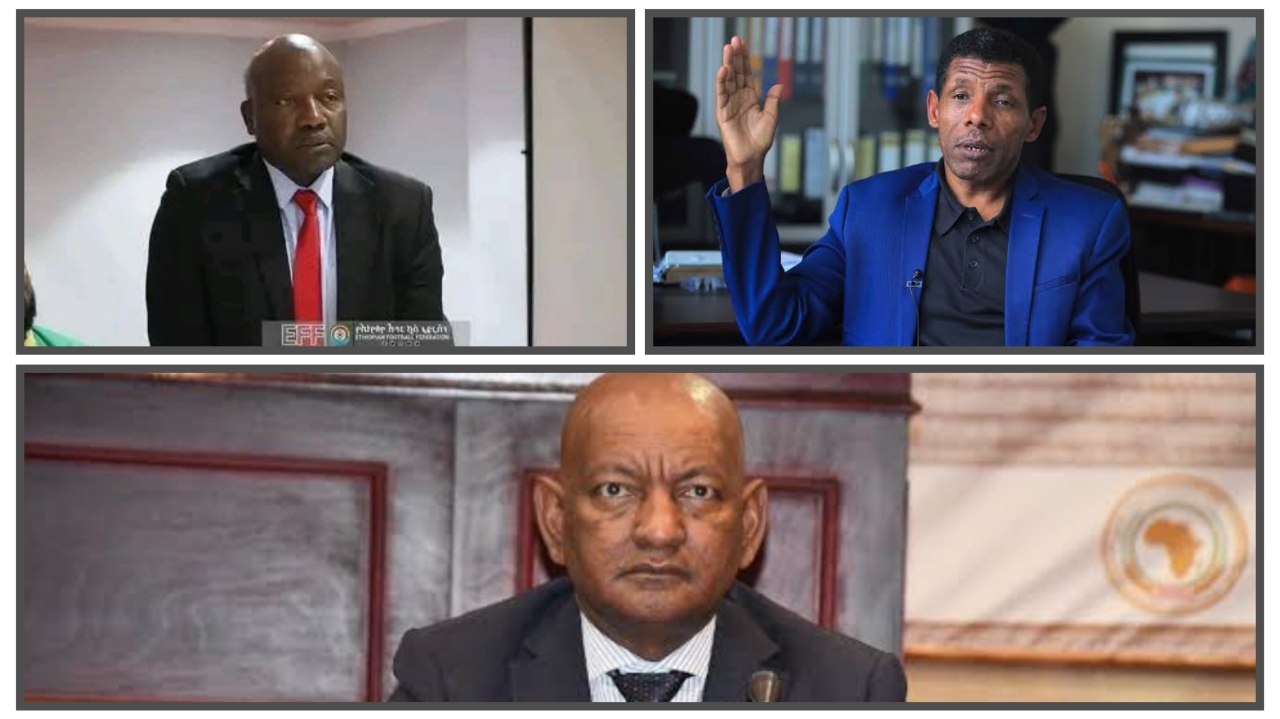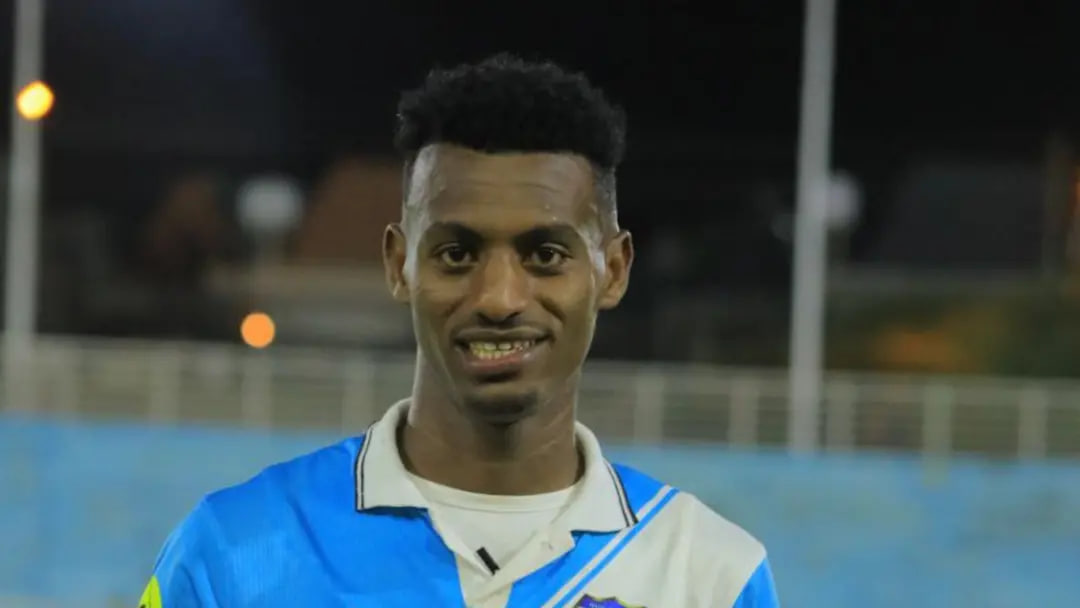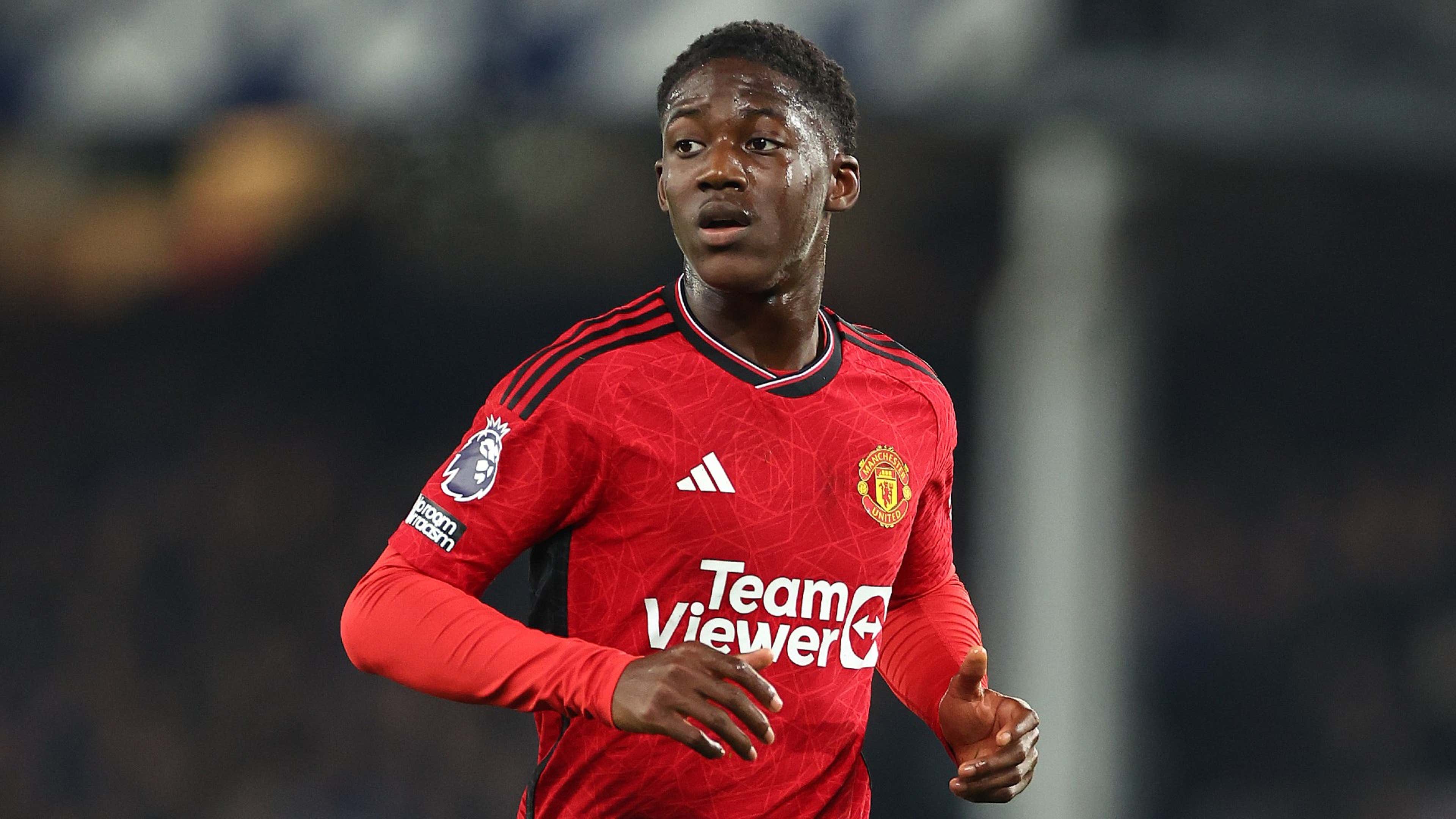
Tensions Rise as Paris Olympic Approaches
By Yonatan Ayele, June 22, 2024
As the Paris Olympics approach, Ethiopia faces significant controversy and dispute within its Olympic Committee, raising concerns about its readiness and unity ahead of the global event. Dr. Ashebir Woldegiorgis has been re-elected as president of the Ethiopian Olympic Committee (EOC) for a third consecutive term, a decision made during the general assembly held on June 15, 2024. Dr. Ashebir, a prominent and at times controversial figure in Ethiopian sports, holds positions in various sports federations, including the Ethiopian Football Federation (EFF). His re-election has sparked debates regarding the timing and transparency of the election process.
Critics argue that holding the presidential election so close to the Paris Olympics deviates from international norms advocated by the International Olympic Committee (IOC), which typically recommend such elections be conducted after major sporting events to allow for a comprehensive review of the committee's performance (International Olympic Committee 2023).
Many National olympic commites( NOCs) hold their presidential elections shortly after the Summer Olympic Games. This timing allows the current leadership to complete the Olympic cycle and manage the preparations and participation in the Games. Holding elections after the Olympics provides a natural transition period and an opportunity to review the performance and future direction of the NOC. ( International Olympic Committee 2023). Conversely, some Nocs go for Pre-Olympic Elections, scheduling them before the Olympic Games. This approach ensures that new leadership has sufficient time to prepare and lead the delegation to the upcoming Games, fostering stability and continuity during the critical pre-Olympic period (Chappelet and Kübler-Mabbott 2008). According to International expereince it is unusual to hold an NOC presidential election so close to the Olympics.
In response to criticisms, Dr. Ashebir defended the timing of the election, stating that it followed established protocols and was consistent with past practices. However, concerns have been raised about the lack of media coverage and the absence of key government officials, including representatives from the Ministry of Culture and Sports, during the assembly.
Ambassador Mesfin Chernet expressed disappointment, noting that ministry officials were informally notified via WhatsApp about the assembly rather than receiving formal invitations. Dr. Asheber countered these claims, asserting that formal invitations had been issued and denying any impropriety in the election process.
Ethiopian athletes Haile Gebrselassie, Berhane Adere, and Derartu Tulu were reportedly elected as vice presidents of the International Olympic Committee. Haile Gebrselassie stated that he was not in the country when the elections took place and does not recognize the legitimacy of the election. He mentioned that he has appealed to the Olympic Committee and the Ministry of Culture and Sports.
When asked about Haile's concerns, Dr. Ashebir Woldegiorgis responded, "With all due respect, he was not elected at the assembly. I don't know where this news is coming from. He cannot compete for any position as he retired more than 12 years ago and is not a member of any sports federation currently. However, based on his past contributions, we suggested he and Berhane Adere be part of the committee, but not for the vice-presidency."
Dr. Ashebir claimed that Haile cannot compete due to the Olympic Charter, but the Charter does not require one to be a member of any sports federation administration to be nominated. The process for competing for positions may involve nominations by affiliated sports organizations or entities within the NOC. Elections are often conducted during general assemblies, with voting procedures outlined in the NOC's governing documents (International Olympic Committee 2023). Therefore, if someone is appointed by their respective federation, they can run for presidency.
Historically, disputes over athlete selection processes have marred Ethiopia's Olympic campaigns, with controversies over criteria and transparency often overshadowing athletic achievements. This year, marathon coaches have expressed reservations about the EOC's authority to expand the athlete wait-list without a clear mandate, further highlighting internal tensions within the sporting community. According to the Olympic charter National Olympic committees (NOCs) play a pivotal role in the selection process of athletes who will represent their country at the Olympic Games. NOCs are entrusted with the final approval of athletes submitted by their respective national federations, ensuring that selected athletes meet stringent eligibility criteria. These criteria encompass performance standards, citizenship requirements, and adherence to the principles outlined in the Olympic Charter (International Olympic Committee 2023). Moreover, NOCs establish transparent and comprehensive criteria for athlete selection. These criteria typically include performance in qualifying competitions, adherence to anti-doping regulations, and the ability to exemplify Olympic values throughout the Games (Chappelet and Kübler-Mabbott 2008). The selection process overseen by NOCs aims to uphold fairness, providing all qualified athletes with equitable opportunities to qualify and compete at the highest international level (International Olympic Committee 2023).
Furthermore, NOCs maintain open communication with athletes throughout the selection process, promptly notifying them of decisions and offering necessary support for their preparation and participation in the Olympic Games. This commitment ensures that athletes are well-prepared and supported to represent their country effectively on the global stage, reflecting the NOCs' dedication to maintaining the integrity and competitiveness of the Olympic Games (Chappelet and Kübler-Mabbott 2008).
Another contentious issue raised by the Ministry of Culture and Sports is the Ethiopian Olympic Committee's refusal to undergo a federal audit. Dr. Ashebir defended this decision, explaining that the committee declined based on the audit scope proposed by federal authorities. "We refused because the audit was restricted to the government-funded portion of our budget. However, we had already conducted a comprehensive audit of our entire financial operations, including government allocations, sponsorship funds, and committee revenues, conducted by highly qualified accountants," clarified Dr. Ashebir.
The Ethiopian government allocated 156 million birr (approximately $2.7 million) for the previous Tokyo Olympics preparation and sought to audit these expenditures. Despite the government's request, the Olympic Committee stood firm in its decision, citing the already completed internal audit encompassing all financial aspects. This refusal has further tensions between the committee and government oversight bodies, raising questions about transparency and accountability within Ethiopia's Olympic governance framework.
"These disputes not only undermine team cohesion but also detract from athlete preparation and performance," observed sport communities, urging swift resolution and a renewed focus on national pride and athletic excellence. As Ethiopia gears up to showcase its talent on the global stage, transparent governance and unified leadership within the Ethiopian Olympic Committee (EOC) are essential for fostering a conducive environment for success.
The Ethiopian Olympic Committee finds itself caught up in significant controversy just as the Paris Olympics approach. The tensions between the Ethiopian Olympic Committee, national federations, and the Ministry of Culture and Sports underscore the need for greater accountability and cooperation. As athletes and coaches continue their preparations for Paris, it is imperative that these administrative challenges do not overshadow the nation's Olympic ambitions. Resolving these disputes promptly and transparently will be crucial for maintaining the integrity of Ethiopia's participation in the Olympics and ensuring that the athletes can focus on their performance.
As Ethiopia eagerly anticipates the Paris Olympics, the nation's athletes and sports enthusiasts alike are gearing up for a momentous event that promises to showcase their athletic prowess on the global stage. Known for its storied history in long-distance running and the enduring legacy of Olympic champions like Haile Gebrselassie and Derartu Tulu, Tirunesh Dibaba, Kenenisa Bekele and so on. Ethiopia approaches the games with a mix of pride, determination, and high expectations.
Ethiopia's athletes, renowned for their endurance and competitive spirit, are preparing to represent their country in various disciplines, from track and field to distance running. The road to Paris has been filled with rigorous training regimens, international competitions, and the unwavering support of coaches, federations, and the Ethiopian Olympic Committee (EOC).
For Ethiopia, the Paris Olympics symbolize more than just athletic competition; they represent an opportunity to inspire the nation and the continent of Africa. As one of the leading countries in African athletics, Ethiopia aims to continue its legacy of excellence and sportsmanship, while also promoting unity and cultural pride on the global stage.
Beyond the athletic arena, Ethiopia's participation in the Paris Olympics holds the promise of fostering international goodwill and strengthening diplomatic ties. The games serve as a platform for nations to come together in the spirit of camaraderie and friendly competition, transcending borders and celebrating the universal values of sport.
As the world eagerly awaits the opening ceremonies in Paris, Ethiopia stands ready to write the next chapter in its Olympic journey. With a rich heritage of athletic achievement and a new generation of talented athletes poised to make their mark, Ethiopia embraces the opportunity to shine brightly in the City of Light and inspire future generations of athletes across the continent and beyond.
The road to the Olympics is always filled with challenges, but the spirit of sportsmanship and unity must prevail. Ethiopia's ability to overcome these internal conflicts will not only impact its performance in Paris but also establish a benchmark for the future of its sports. As the world watches, it is hoped that Ethiopia will rise above these controversies and demonstrate the resilience and excellence that have long been the hallmarks of its athletic tradition.
For this article, we have relied on consecutive interviews conducted by Sheger Sport with Ambassador Mesfin Chernet, Dr. Ashebir Woldegiorgis, and Haile Gebrselassie
References
Chappelet, Jean-Loup, and Brenda Kübler-Mabbott. 2008. The International Olympic Committee and the Olympic System: The Governance of World Sport. London: Routledge.
International Olympic Committee. 2023. Olympic Charter. Lausanne, Switzerland: International Olympic Committee. Retrieved June 22, 2024. Available at: https://olympics.com/ioc/olympic-charter.



